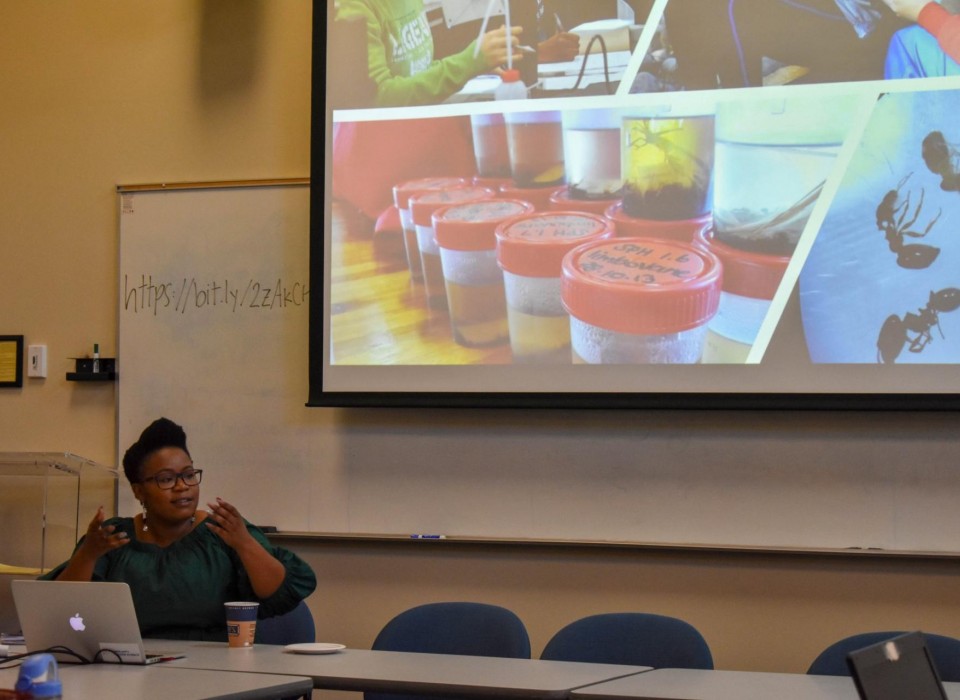CCS Events and Trainings
New podcast series: Environmental Superheroes of the ELA Classroom
 The Environmental Superheroes
of the ELA Classroom podcast collection highlights
stories of California TK-12 educators who teach reading, writing,
listening, and speaking through the lens of environmental
literacy and justice, giving a glimpse into what this type of
work might look like in TK-12 classrooms.
The Environmental Superheroes
of the ELA Classroom podcast collection highlights
stories of California TK-12 educators who teach reading, writing,
listening, and speaking through the lens of environmental
literacy and justice, giving a glimpse into what this type of
work might look like in TK-12 classrooms.
The Center’s Peggy Harte co-developed these podcasts and snapshots with other CAELI members, Tara Kajtaniak and Cheney Munson.
Training: Stewardship of the Wintun/Patwin Homelands
July 30-August 2, 2024
July 30-August 2, 2024
9:00 AM – 3:00 PM
Conference: North American Association of Environmental Educators
November 5-9, 2024
The 21st Annual Research Symposium (November 5–6) and the 53rd Annual Conference (November 6–9) are coming up!
Conference: California Association of Science Educators
November 8-10, 2024
Peggy Harte will be presenting at The California Association of Science Educators workshop this November on what it looks like when elementary students grapple with local data. In participatory science, students contribute to science by collecting data that generates new knowledge. Participants will learn what participatory science is, what it looks like in elementary classrooms, and a research based framework for designing projects, allowing attendees to see firsthand how young minds contribute to real-world science.














